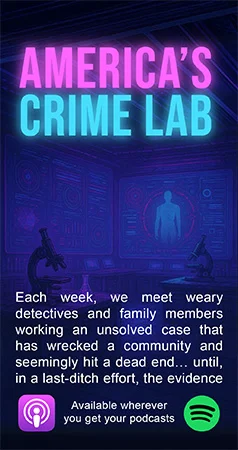Mayelf--Parents really don't want to hear this but you have to talk about this possibility before it ever happens. You can't worry that you'll frighten your child. My Lord, you tell them everyday to put on their seatbelt because you don't want them flying through the windshield. You tell them not to run with sticks because remember how Alicia, down the street, lost her eye because of a stick.
You have to role play and be totally outrageous and make it a game. You do it when they are busy with something else...riding in the car, when you're washing the dishes, when they are in the bath. You don't just sit down one day and say, "Sweetheart, I need to tell you about pedophiles".
What I learned, after the fact, is that children have to be prepared with an "out" just as they can be when offered candy by a stranger or a joint behind the middle school or a school mate asking to see their bottom. You have to gauge their development carefully as you don't want to give them more info than they can process but you also can't wait one day too late. Sex ed, cell phone use and driver's ed are very similar!!
After the rapes, we played a game (learned in therapy) called "what would you do?" It's been amazingly helpful and has actually caught or stopped at least four other "incidents". You can keep it light hearted while the child still knows that it's a serious subject. In talking about an older sibling, baby-sitter, or relative you might ask:
If Nathan tells you to pick up your toys before dinner, what do you do?
If Nathan tells you to turn off the TV because it's time for bed, what do you do?
If Nathan tells you that you can eat all the bag of cookies, what do you do?
If Nathan tells you to pull your pants down and wiggle your bottom, what do you do?
If Nathan tells you to take the car keys and start up the car, what do you do?
If Nathan tells you to be quiet because you're being rude, what do you do?
If Nathan wants to come into the bathroom with you, what do you do?
If Nathan wants to give you a hug, what do you do?
As you can see, there's no simple answer to many of them and very obvious answers to several. This makes the child think. It opens up conversation. Ask them why they answered as they did. You can draw your child out as to how he feels in general about the subject and about this person specifically. Follow up with a "what if" question. This is what worked for us. You can point out the balancing act they can do in their own mind when weighing the safety of an action. Would it be safe for a 10 year old to start the car or to eat the whole bag of cookies?
We've always relied on a small group of wonderful respite providers and they needed to have authority over our children. Ours in not an easy to handle bunch. We also wanted our children to be respectful with teachers, bus drivers, and other helpers. However, we had to feel comfortable that our children would understand which boundaries were not to be crossed and what to do if they were.
Every time our children came to us after the trial with worrisome information, we didn't freak out but we let them know that we were going to check into things. This system never failed again.
I guess the most important thing to remember is that children have to believe down to their toes from the moment they begin talking, that NOTHING they tell you will be insurmountable...that Mom and/or Dad can help find a solution...that no one is in trouble but that things need to be made right...that you are strong and will do everything in your power to keep them safe.

